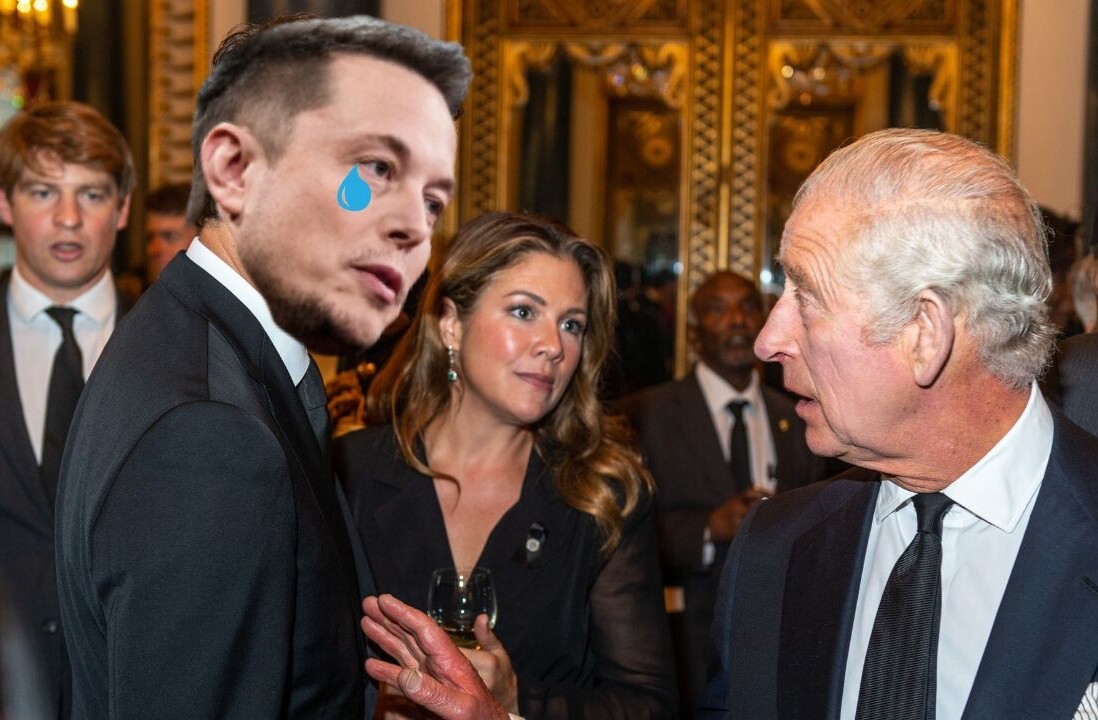
The head of the European Commission’s digital policy has thrown her weight behind the anti-SOPA movement.
Neelie Kroes, who in her role as Vice President of the European Commission, responsible for the Digital Agenda Europe, is in charge of improving the digital economy in the European Union, described the proposed anti-piracy laws as “Bad legislation” and like “speed bumps on the motorway” in two tweets today.
Glad tide is turning on #SOPA: don’t need bad legislation when should be safeguarding benefits of open net.
— Neelie Kroes (@NeelieKroesEU) January 20, 2012
Speeding is illegal too: but you don’t put speed bumps on the motorway #SOPA
— Neelie Kroes (@NeelieKroesEU) January 20, 2012
It seems that there’s little mood for similar legislation at EU level then. Although that sounds like good news, it hasn’t stopped site-blocking laws rearing their heads at national level in Europe. Some ISPs in Finland and the Netherlands have been forced by court order to block The Pirate Bay, a link sharing site called Newzbin is blocked by two major ISPs in the UK, and music group EMI is suing the Irish government for not implementing site blocking laws fast enough.
Kroes is on the record as believing that legislation must be part of a wider package of changes to ensure that the creative sector can thrive. In a November speech, she said: “We need to find the right rules, the right model to feed art, and feed artists. We need the legal framework to be flexible. This is my recipe, my commandment, my bumper-sticker to nurture creation. The digital world changes quickly, and if allowed to do so can permit creativity in all stages of the chain. So we shouldn’t prescribe a particular model, but set a framework allowing many new models to flourish.”
Get the TNW newsletter
Get the most important tech news in your inbox each week.



